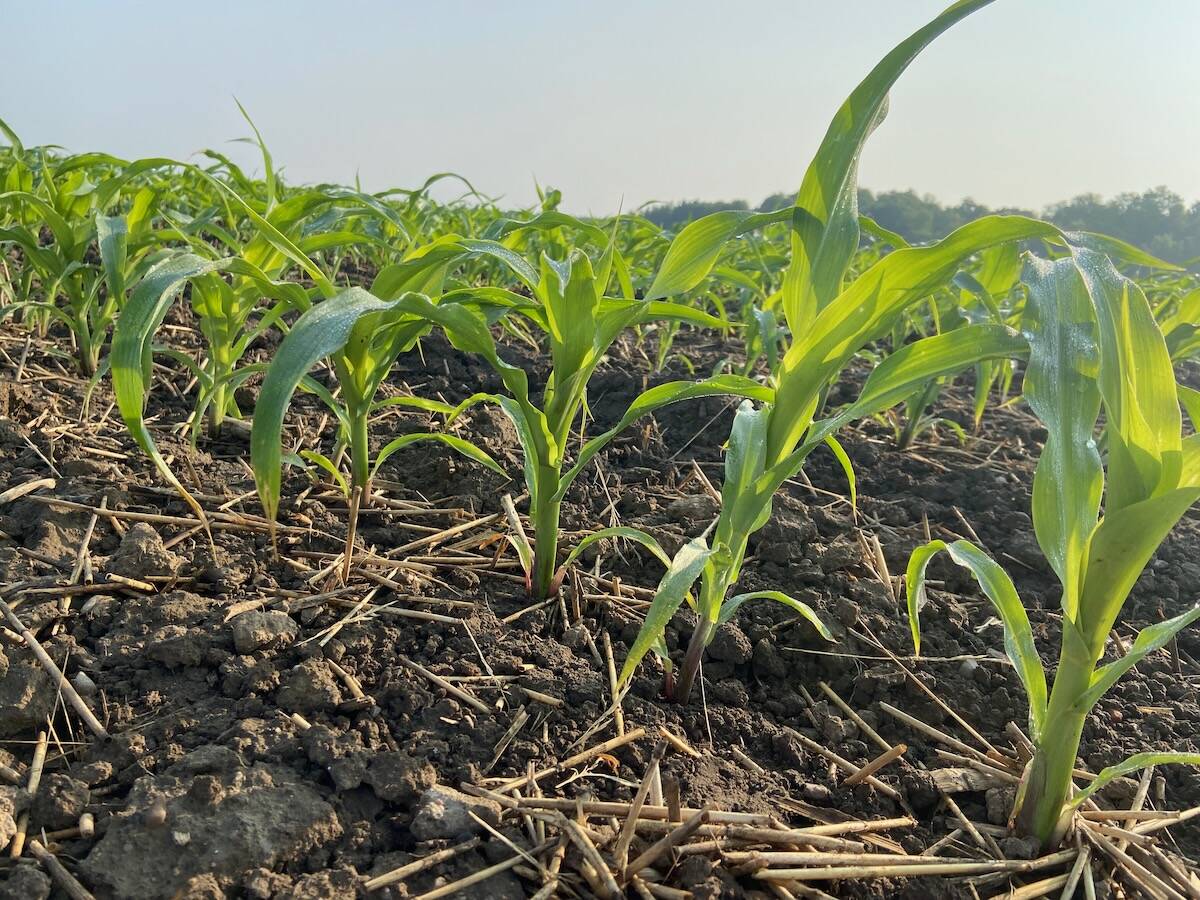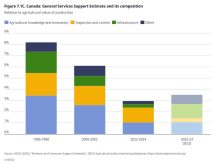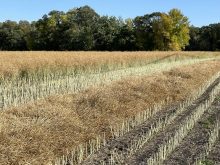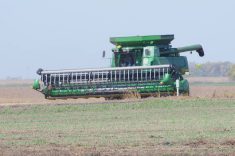Any German government plans to stop crop-based biofuel production would severely hit farmers and cut rapeseed output, Thomas Mielke, CEO of Hamburg-based oilseeds analysts Oil World said Feb. 1.
Smaller crushings of oilseeds in Germany would lead to a widening of the domestic protein deficit for animal feed and require increased imports of soybeans and soymeal, Mielke said.
German environment minister Steffi Lemke is proposing an end to production of crop-based biofuels by 2030.
Read Also

Can we trust the USDA crop data anymore?
Indications that farmers, analysts and traders have started to lose trust in data from the United States Department of Agriculture are hardly a surprise.
The country’s program to cut greenhouse gases includes the use of blending biofuels including biodiesel and bioethanol with fossil diesel and gasoline to reduce road vehicles emissions.
Oil companies have a greenhouse gas reduction target that they can partly fulfil with biodiesel and bioethanol.
About half of Germany’s rapeseed crop, which in 2022 totalled 3.7 million tonnes, is used to produce biodiesel.
About three million tonnes of biodiesel are blended with fossil diesel in Germany each year, with the animal feed rapeseed meal also produced from rapeseed crushings.
“This proposal could generate changes in trade flows with more German rapeseed oil going for export,” Mielke said. “There would also be a reduction in rapeseed cultivation by farmers.
“Such a drastic policy change would of course also reduce import demand, intensify the competition with producers in the exporting countries and reduce prices.”















